Results
Leprosy is referred to several times in the Bible, both in the Old and New Testaments. Jesus is said to have healed persons affected by leprosy and there are a handful of people throughout the Old Testament who are said to have had leprosy.
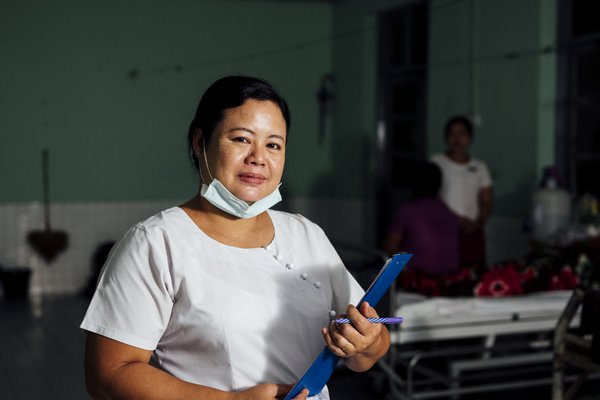
After months of violent military rule, Myanmar is currently experiencing a devastating wave of Covid-19 and there is no healthcare system in place to help.
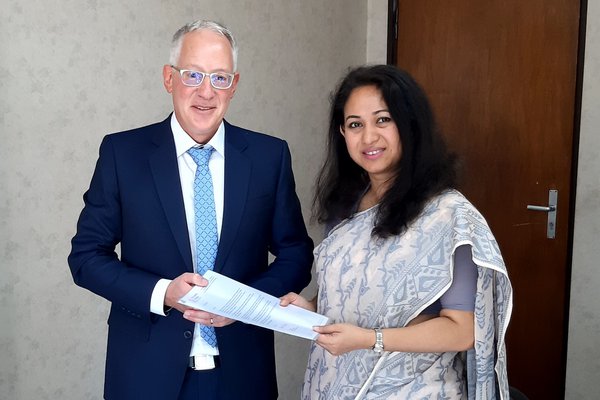
In October 2021, TLM presented a petition to permanent missions to the UN in Geneva. The petition called for an end to all laws that discriminate against persons affected by leprosy.
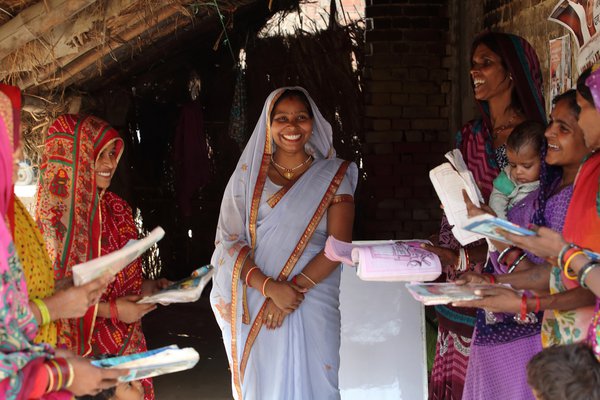
WHALE seeks to reduce the discrimination and gender inequality women with and without leprosy face in Muzaffarpur, India, getting them involved in their community and empowering them to self-advocate.
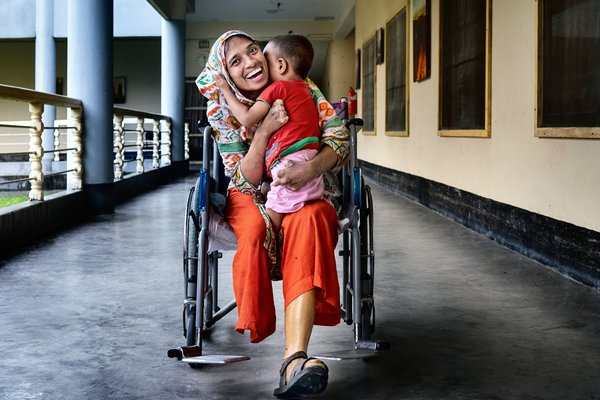
The Leprosy Mission is currently working towards a Global Strategy that runs from 2025-2030.
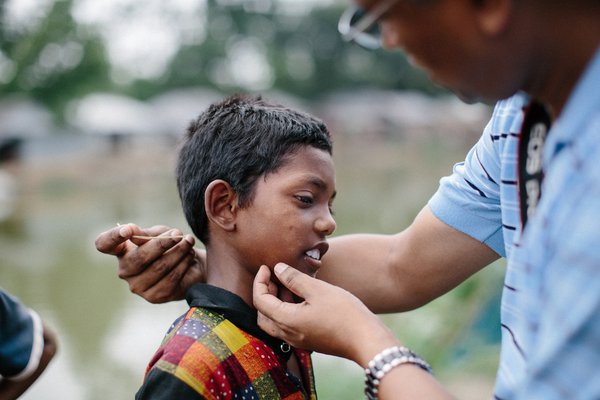
A look at research which reveals the extent to which household contacts are at risk of developing leprosy
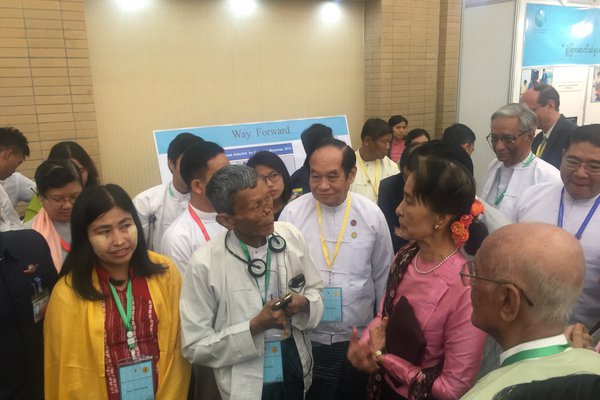
U Soe Win went from the misery of feeling trapped in his home to speaking to leaders on the world stage at the United Nations' Disability Rights Conference in December 2020.
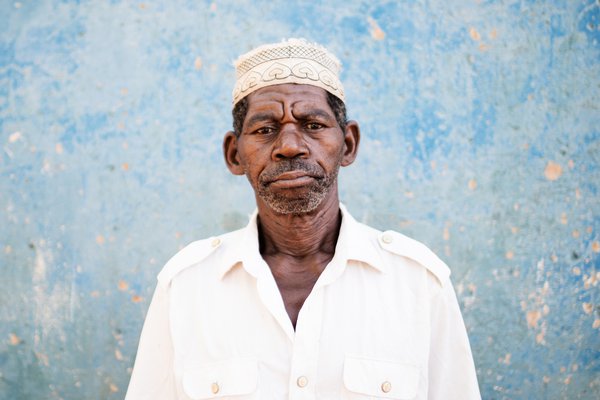
At the UN's major disability rights conference in June 2021, we heard from several persons affected by leprosy who spoke powerfully about their experiences.
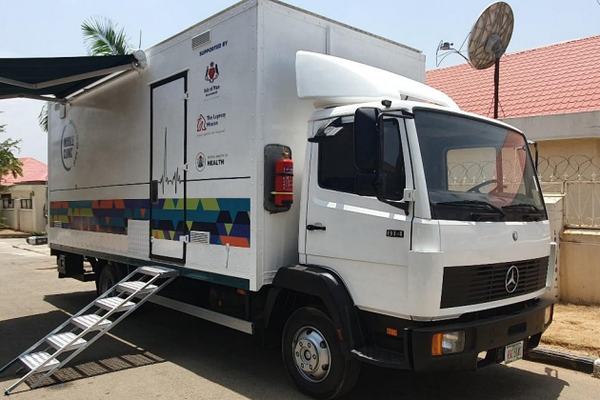
Our mobile clinics take medical care to where the need is, travelling around districts where there is a need for leprosy support, but no local provision. Providing a combination of medical expertise and pastoral care, they are a vital part of TLM’s mission.
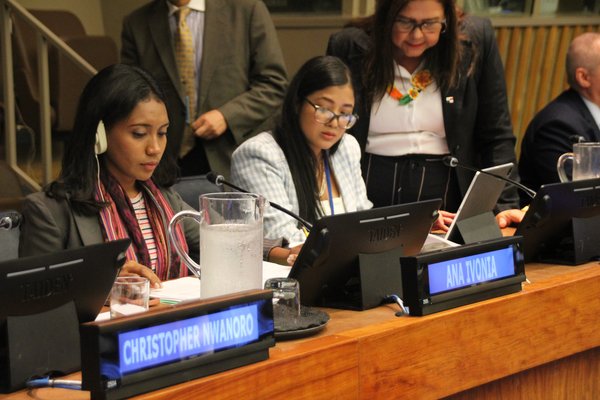
Ana Ivonia gave a statement at the conference's third roundtable on reaching underrepresented groups of persons with disabilities.
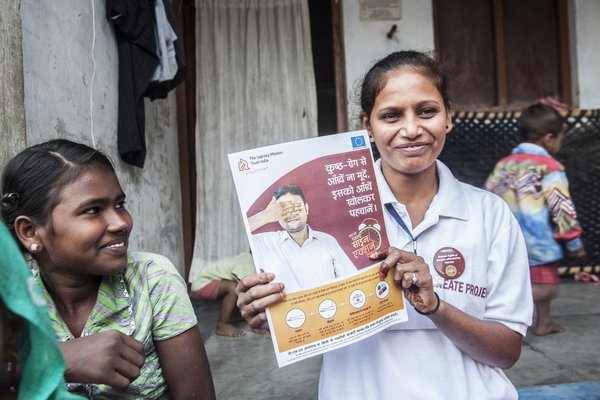
Our advocacy and communication team in India is leading the way in leprosy advocacy work worldwide.
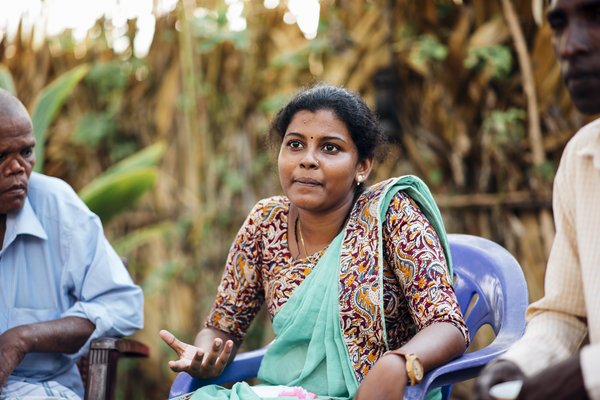
Within the leprosy sector, governments are a crucial and necessary partner on our journey to a world without leprosy. But what is expected from governments?
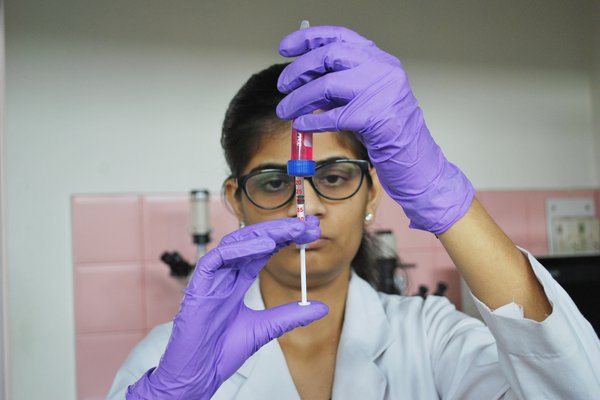
In some places Covid-19 has slowed down the work, in other places it has completely stopped the work.
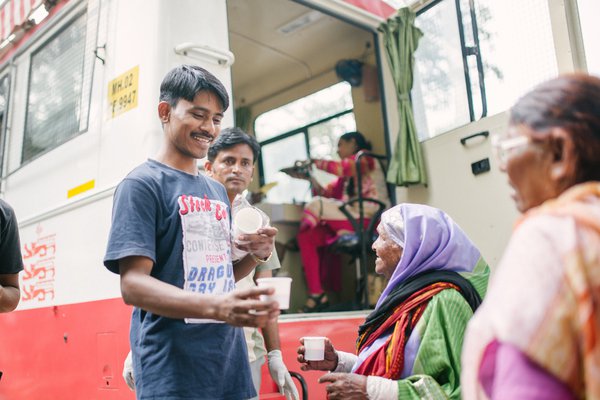
Our mobile clinics in India take medical care to where it is needed most, particularly to people who would struggle to reach a hospital.
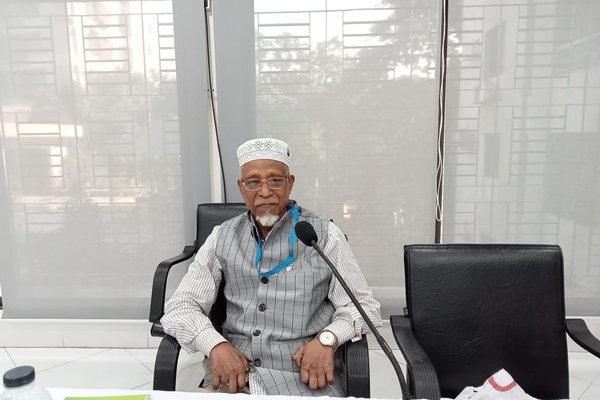
Md. Kamal Uddin is one of four individuals to win the Wellesley Bailey Award in 2024. This is his story.
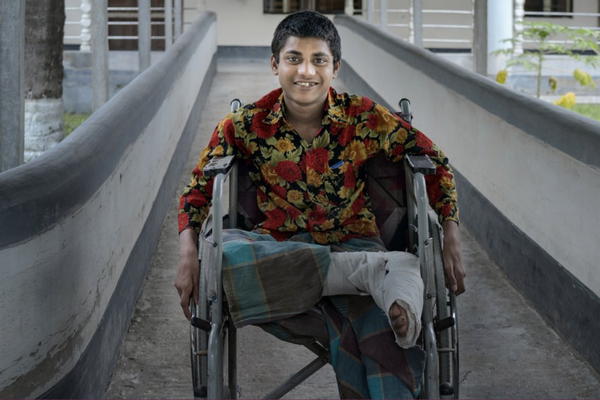
A researcher in India, Professor Pawan Agarwal, has been looking closely at ulcers caused by diabetes. These ulcers are very similar in character to leprosy ulcers, and this researcher saw that perhaps sensation could be restored through surgery.